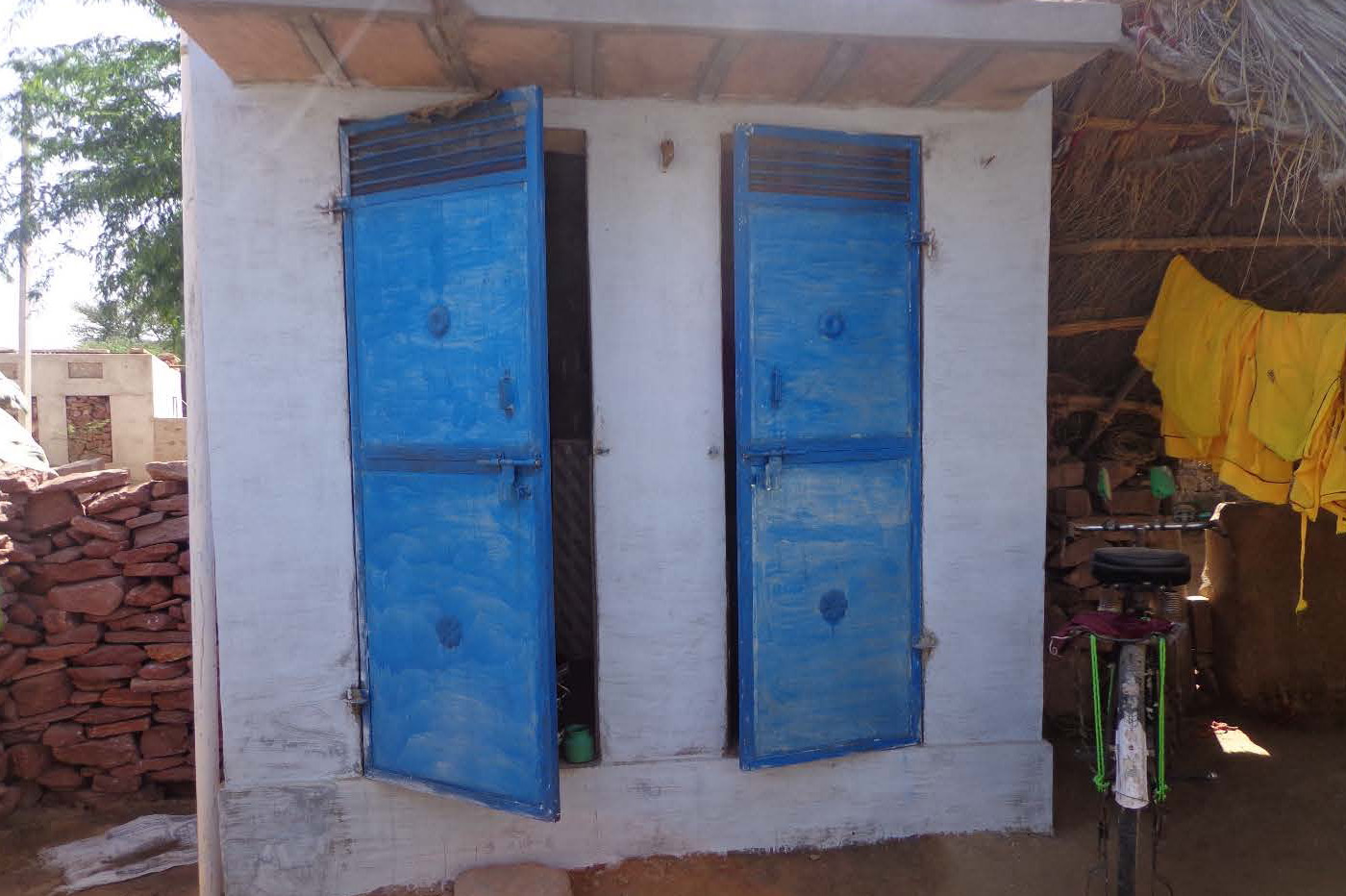World Ark was in the villages of the Thar Desert in Rajasthan State of India last month. Living in this harsh environment demands a level of perseverance difficult to fathom. Life here is a constant struggle for enough water, enough food to harvest and enough strength to survive the next heat wave. And in this brave existence, the challenges of a simple, everyday bodily function such as relieving yourself is barely worth mentioning.

But it has been mentioned time and again and given extensive coverage by international media. One cannot debate the importance of toilets for sanitation, the prevention of disease and now also, prevention of an overwhelming number of sexual abuses against women. The unmentionable subject became the most quoted campaign slogan of the now Prime Minister of the country, “Toilets before temples”.
The fact is not that India does not realize the importance of a toilet. The fact is, building a toilet costs money, money siphoned from food, farm investments and education. And the toilet does not pay back, at least in tangible forms. The fact is, it is impossible for the government to intervene or support the building of toilets in a country whose population surpassed a billion. But problems can be solved. And with a little bit of ingenuity, the solutions don’t have to be expensive. Let the families in the Thar Desert give you one.
In every house we went to, the lady of the house pulled me aside from the male counterparts I was traveling with to take me to the back of the property, where a brick and mortar room less than 6 feet tall and 2 feet square lay in various stages of development and usage. Sauchalaya, (Hindi for toilet) they said. Along with goats and trainings, Heifer projects gave each family a fund to build a toilet. Money they could pay back in installments when their goats started making a profit.
This way, no money is siphoned from life necessities. Money is paid back in installments. And a new family gets such a fund every few months. About 1,700 toilets have been constructed with the support of Heifer and its partners, including the Indian government, in nine projects in the three states of Bihar, Orissa and Rajasthan.